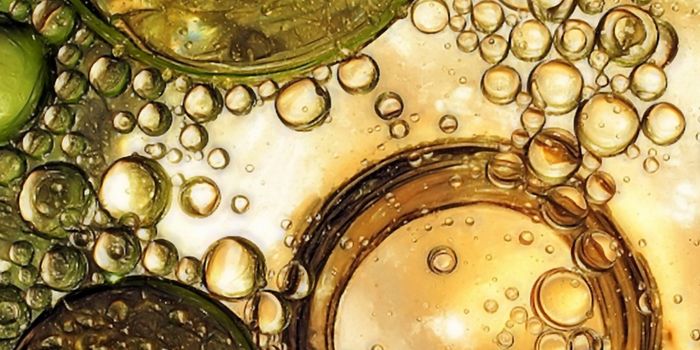Can We Inherit PTSD from Our Parents?
We often think of the negative byproduct of trauma, Post Traumatic Stress Disorder (PTSD), as a personal experience. But research now suggests that PTSD may not be an individual experience after all. In fact, it may be inherited.
Studies have shown that experiencing trauma may leave a chemical mark on a person’s genes, which is then passed down to future generations (Pembrey: 2013). Known as epigenetic inheritance, although the process does not directly damage the genes, it may instead alter the mechanism by which they are expressed, thus producing a change in someone’s physical appearance or behavior.
There are many studies that provide evidence for this theory. For example, researchers found that children born to women who experienced trauma during the Rwandan genocide were more likely to exhibit characteristics associated with Post-Traumatic Stress Disorder (Perroud: 2014). More than this, research has also shown that children born to people traumatized by the Khmer Rouge in Cambodia were more likely to have depression and anxiety. Furthermore, the children of Australian veterans of the Vietnam war had significantly higher rates of suicide than the general population (TED: 2014). Similar findings also exist for Holocaust survivers and their children (Kim: 2018).
Animal studies also point towards epigenetic inheritance. In one study, researchers tested this by exposing rats to a certain smell before an electric shock. Quicky, they adapted a fight or flight response to the smell, and this response remained present in future generations of these rats, even though that had no personal experience of having developed the fight or flight response to the smell themselves (Dias: 2013).
Despite such evidence justifying epigenetic inheritance, the theory is nevertheless controversial. Critics argue that although correlations may be made between certain behavioral tendencies and trauma inflicted in previous generations, the biological workings of the process are unknown, and may be implausible. They argue that, given the genetic shuffling that occurs following conception when the sperm and egg meet, there is no physical evidence that marks of trauma survive (Carey: 2018).
To understand this further, several theories have been proposed, although none with certainty. From studying epigenetic inheritance in mice, Dr. Oliver Rando from the University of Massachusetts has suggested that a male’s experience of stress and external environment may impact their small RNAs, necessary for sperm production. As the functions and impacts of small RNAs are still being researched however, it is difficult to provide any certainty (ibid.).
Beyond purely biological explanations, more philosophical explanations for inherited trauma may be able to shed some light on the phenomenon. Collective Unconsciousness, a theory developed by psychiatrist and psychoanalyst, Carl Jung, explains that humans and animals are born with a subconscious collection of knowledge and images inherited from their ancestors that may only be activated by certain environmental triggers (Journal Psyche).
An example of this theory is a study analysing children’s first exposure to a rabbit and a snake. Of the 100 children studied, all of them responded with a degree of fear when exposed to the snake, refusing to touch it. With the rabbit however, only two children responded with the same degree of fear. Following Jung’s theory, exposure to a rabbit or snake must have activated the children’s subconscious and innate memory from common ancestors who had traumatic experiences when encountering these animals during their lifetimes (Study.com).
To conclude, epigenetic inheritance may be responsible for many subconscious behavioral triggers we have. This means that, although we may not have experienced trauma ourselves, we may inherit certain markers from our parents which leave us more susceptible to certain traits- from fear to depression and PTSD. Although correlational theories and studies tend to point towards this conclusion, our knowledge of human biology is still insufficient to confirm it.
Sources
Pembrey, Marcus E. et al.: Research Gate
Perroud, N. et al.: PubMed
Dias, Brian G. et al: Nature
Kim, Brenda Kelley: Labroots
Carey, Benedict: NY Times










